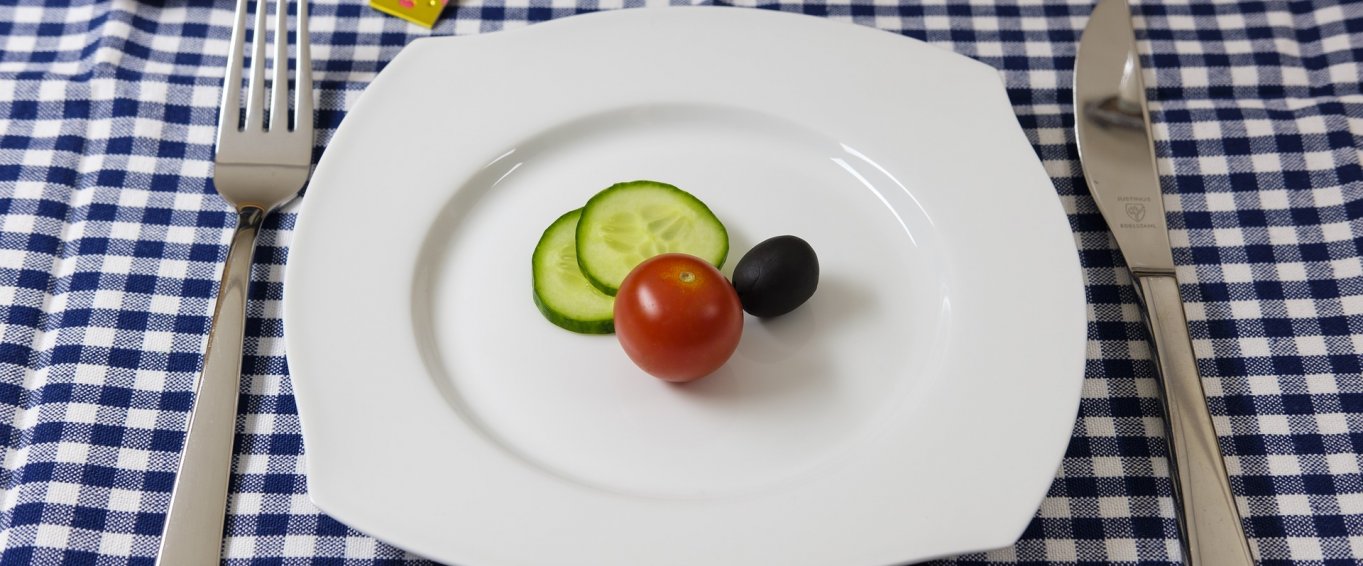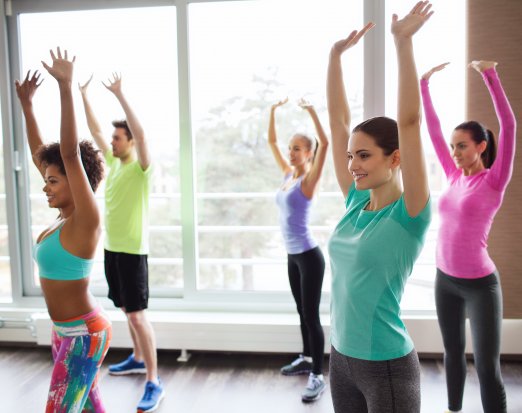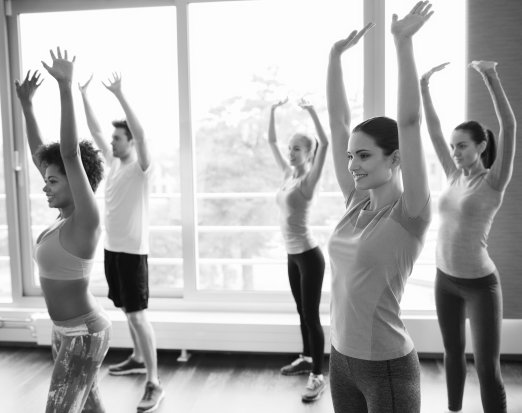Why You Don’t Need to Count Calories for Weight Loss (Hello, Healthy Fats!)

Whether you’re a diehard gym bunny, an ab sculpted Adonis, or a rookie trying workout routines for the first time, you’re probably ruled by the calorie. It’s the most common way to measure fitness and the metric that we look to for guidance on ‘good’ and ‘bad’ foods.
From Weight Watchers and its calorie ‘sins’ scheme to the counters on treadmills and even the packaging in our supermarkets, healthy living is built around burning ‘em. Conventional wisdom says, the faster you can cancel out cals, the fitter you’ll be.
But what if everything we think we know about fitness is wrong?
There’s growing evidence to suggest calorie counting is not just ineffecient, but also scientifically inaccurate. In recent weeks, a study from New Zealand claimed that measuring the impact of exercise in calories burned is futile.
The Ever Changing Story of Your Body
Different kinds of exercise affect the body in different ways. This can’t always be determined with simple calories in, calories out calculations. For instance, resistance training leads to faster weight loss than cardio, even if fewer cals are burned. The truth is, lots of chemical reactions happen inside the body during a workout – calories are just part of the story.
They may be little more than a footnote. Anaerobic exercise (bodyweight, resistance, and free weight training) increases levels of Human Growth Hormone (HGH). It builds lean muscle tissue. Now, here is the crucial bit. It takes more energy to maintain muscle than fat, so having more of it means you naturally burn more calories.
It is entirely possible to burn more cals during a treadmill session and lose less weight because muscle keeps burning 'em after exercise. So, lifting weights for half the time it takes to complete a run may still be a more effective way to shed pounds. In other words, true fitness may be about how hard the muscles work, not how many calories get used up.
Closing Down the Calorie Deficits
If that weren’t convincing enough, a Stanford study says people can eat as many calories as they like if they exercise regularly and cut out processed foods. Its participants did not control their portion sizes, but they did avoid sugary drinks, junk food, and refined carbs.
Interestingly, one group ate a low carb, high fat diet. The other group stuck to a high carb, low fat plan. At the end of the study, weight loss was about the same. It suggests both high fat and high carb diets (hotly debated by nutritionists) are a healthy form of weight management IF only high-quality food is consumed.
Unfortunately, the diet industry rests on the assumption that all calories are equal. This is untrue. 500 cals of leafy greens is better for the body than 300 cals of processed food. High quality ingredients take longer to digest. This action, of itself, requires energy and burns more calories than you can count in a food diary. It also triggers the release of hormones that tell the body to use its fat reserves.
Building a Better Relationship with Nutrition
One example is the avocado. On average, a whole avocado contains 250 calories. That’s the same as five Jaffa Cakes, a full portion of McCain’s oven chips, or a McDonald’s hamburger. Yet, it’s much healthier than all of these things. It’s packed with vitamins and monosaturated fat which reduces cholesterol and quells hunger pangs. While nobody is suggesting you eat six a day, calorie cutting is not a magic wand for weight loss.
Thankfully, we’re moving away from the tendency to demonise food groups and towards the realisation that all of them are important. Fat isn’t bad. Some types of fat are unhealthy. Others can be good for you. It’s not a coincidence that 98% of diets fail. We’re measuring the wrong things.
Your fitness is not the number of calories you eat.
It is your food choices. It is your exercise routine. It is the quality of your fuel and what you choose to do with it.
For more advice on nutrition, resistance training, and the latest fitness news, visit us at @AmavenHealth. Or, email info@Amaven.co.uk. We work with gyms and PTs to build bespoke diet and exercise plans.





